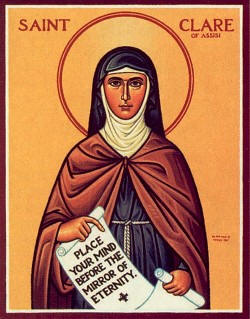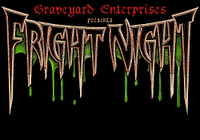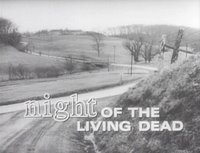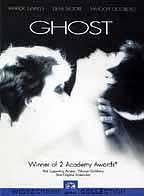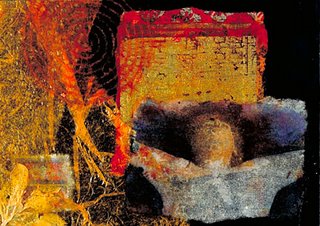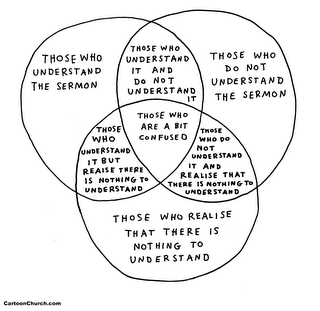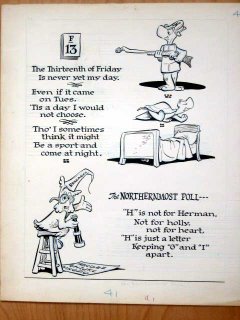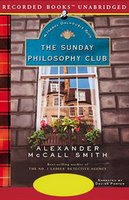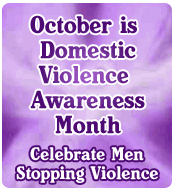"Seminary-ese." "Theology-ese" "Denominational-ese"
Over at revgalblogpals the
Ask the Matriarch question was posed by a first year seminary student. The student asked the question about how much of the seminarianism, or use of the "ology", "ation" words, Greek and Hebrew they were going to have to learn and know? They were struggling with the new language they were having to study and learn, but was it all necessary in the long run? The revgal Matriarchs have some very good answers for the student.
I thought I would google the question to see what I could come up with. Not much, to say the least. If you yourself have some thoughts you want to add, please put them in the comment section. If you know of some other resources add them too in the comment section.
I remember struggling with it all too, having gone from a state supported university to Seminary. I was totally lost the first year trying to make heads or tails of it all. All the while my brothers who got their BAs from Christian colleges were just sailing along. (I went when very few women were getting MDIVs.) And I thought some of them took some of it too seriously, and I probably didn't take some of it seriously enough.
With this person's question, I wondered can we teach laity theology, without dumming it down and making them feel like dummies? Has anyone done that? Apparently yes, there are a couple of books on theology for laity, no "Theology for Dummies" though. Seminaries are offering courses to laity on theology and other subjects. Would the laity be interested? Yes, I think they would.I don't think though we need to go spouting theological language just to show we know it, but can use it in a way that is helpful.
(the School of Theology for Laity (STL), in Dallas, Texas Since 1978 the goal of STL has been to expose members of local churches to the leading theological minds of the day. Begun by Joe and Nancy Stalcup and members of the East Dallas Christian Church (DoC) the School is now housed at Brite Divinity School of Texas Christian University and is known as the Stalcup School of Theology for the Laity.)
Bill Muehlenberg in the article"
Defence of Theology" offers 20 reasons why Theology matters. He writes" I admit that theology is not the be-all and end-all of the Christian life. There are plenty of people who have theological degrees coming out of their ears, but show little of the spirit of Christ. We all know of loveless and Spirit-less Christians who have a great deal of theological knowledge and understanding. Thus I am not arguing that if we just devote more attention to theological training, we will all turn out to be ideal Christians. But what I am saying is that without some proper theological grounding, we will be left blowing around by every wind of doctrine, as Paul warns about (Eph. 4:14,15).Thus theology alone is not enough. But neither is an uninformed faith. Faith and reason go together. Right living and right understanding need to go in tandem, Orthopraxis needs to be married to orthodoxy. We need to love God with our mind as well as our heart." I think Bill is on to something, it is both heart and mind."
*************************************************
Okay so just what is theology? Literally, it is derived from a combination of two Greek terms meaning "a word about God."θεος, theos, "God", + λογος, logos, "word" or "reason.(See
Theology in Wikipedia.)The Catholic Encyclopedia defines
Dogmatic Theology.Ken Collins has a small glossary of
Theology.Biblia. Com has a page on
Theology,Cokesbury offers to
The Christian Believer as part of its Disciple Series. which is a little of the content of the central teachings of the Christian faith and its ties to Scripture. It emphasizes the head and the heart.The Presbyterians offer a
Theology 101 on their website. (Where is the theology 101 on the UMC website?)
########################################
Simply Christian by Tom Wright ISBN:0281054819, SPCK
Mere Christianity by C. S. Lewis pblished by HarperSanFrancisco; Harper editionDogmatic
Theology For The Laity by Rev. Matthias Premm
Christian Theology by Emery H. Bancroft,
Basic Theology by Charles C. Ryrie
Lectures in Systematic Theology by Henry C. Thiessen
Erickson, Millard J. Concise Dictionary of Christian Theology. Grand Rapids: Baker, 1996.
A Theology of the Laity by Hendrik Kraemer, Westminster Press
The Armchair Theologians Series written by various authors on Luther, Augustine, Reformation, Wesley, Calvin, Aquinas, Barth published by Westminster John Knox Press is a good introduction as well. (I have been reading Wesley for Armchair Theologians.)
The Light and Life is the bi-monthly (6 times a year) newsletter of the
Rosary Confraternity. It contains feature stories and quotes from prominent church leaders, notifications of upcoming events, as well as a regular article entitled Theology for the Laity. Newsletter titles are taken from the theme of this article, which is geared to better daily living of the gospel.
>>>>>>>>>>>>>>>>>>>>>>>>>>>>>>>>>>>>>>>>
I want to add a little about my parents. My mom was an R. N., she grew up in a family of readers, bright people, enquiring minds, teachers and educators. My dad grew up in the opposite, they were salt of the earth people, blue collar, hard workers, simple believing people. As they grew in their faith and marriage they became voracious readers of the bible, commentaries, and religious books. My dad became as learned as the best of them. They did not hold us back from growing learning and achieving. When I went to seminary, they would express interest in what I was learning, and often would try to find books they could read to understand what I was learning as well. When I transferred to the United Methodist from the Southern Baptist, they read all they could to understand and support me. Eventually my father left the Southern Baptist to join the United Methodist. He could not convince my mom to do that. He is dead now. Mom is still going to a Southern Baptist Church, and at the same time attends the Presbyterian church my sister serves as a Christian Ed Director. Mom has read what she can about the Presbyterian church as well. I don't know that they understood everything, and given the day and time they did not have the resources we have today. But they were willing to learn, and willing to ask me questions.I say all that to say, don't let yourself be threatened by the words, degrees, writers of theology. Do all you can to be well informed, so that you can love God with your heart and mind.





